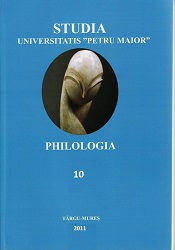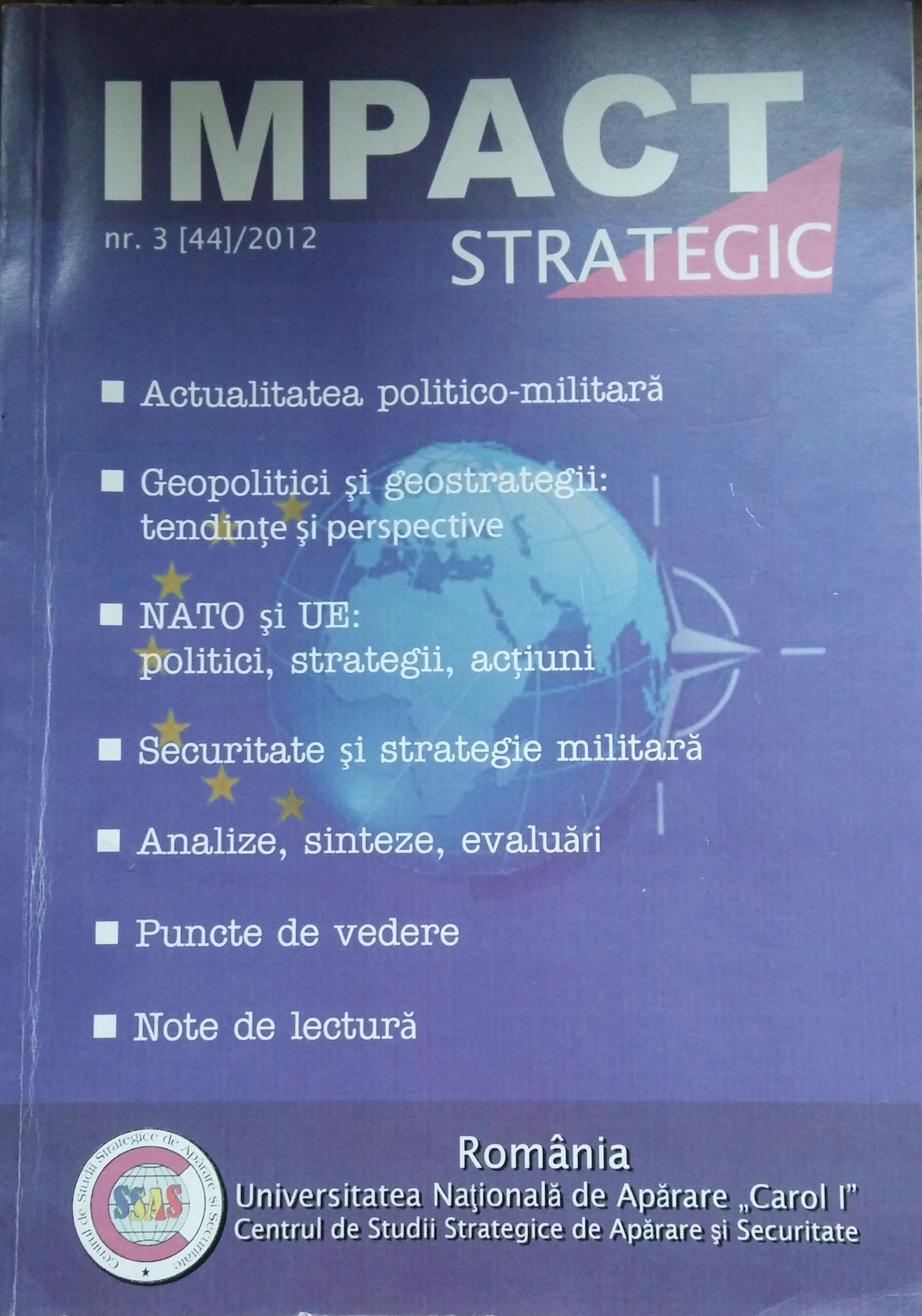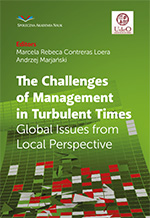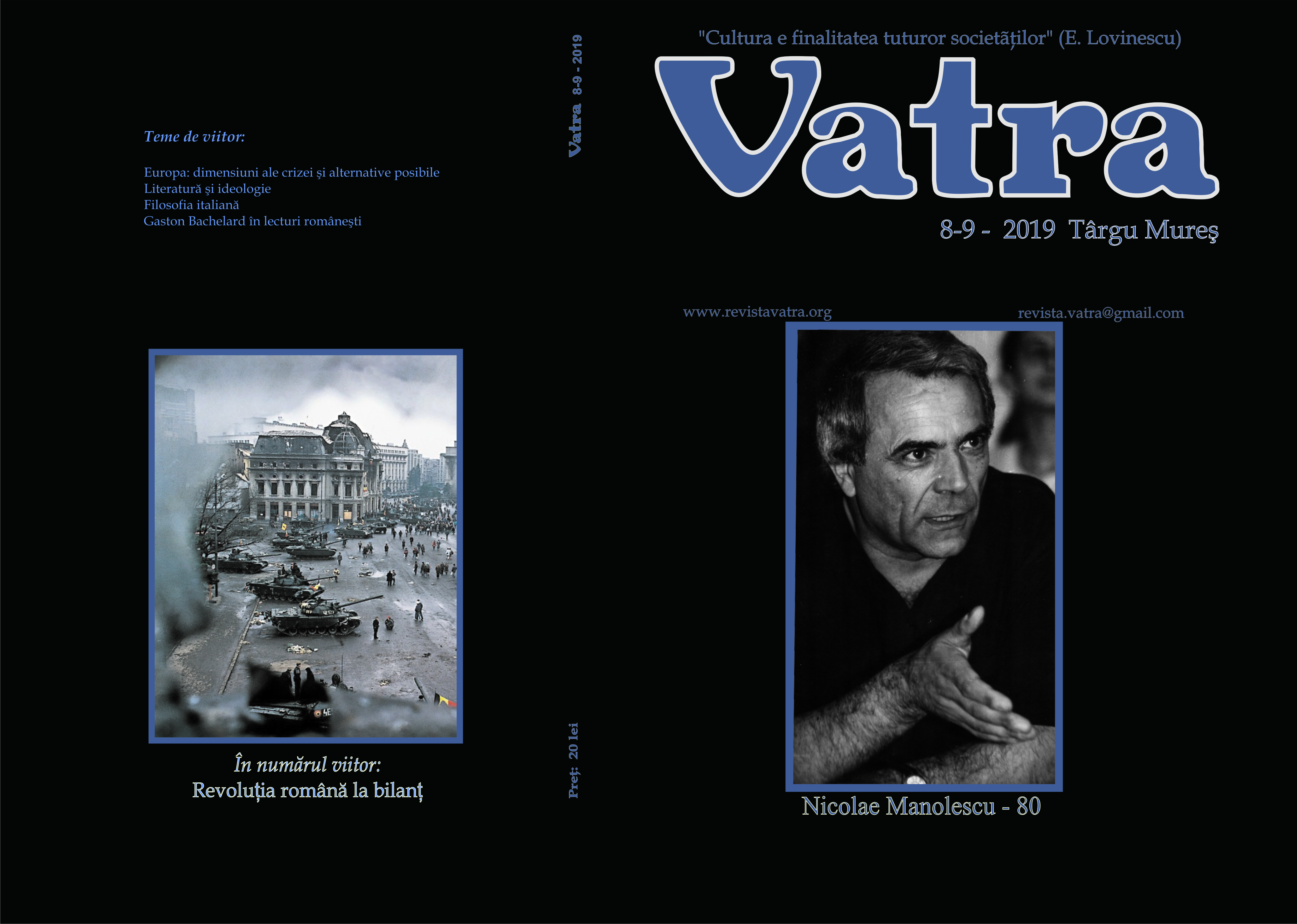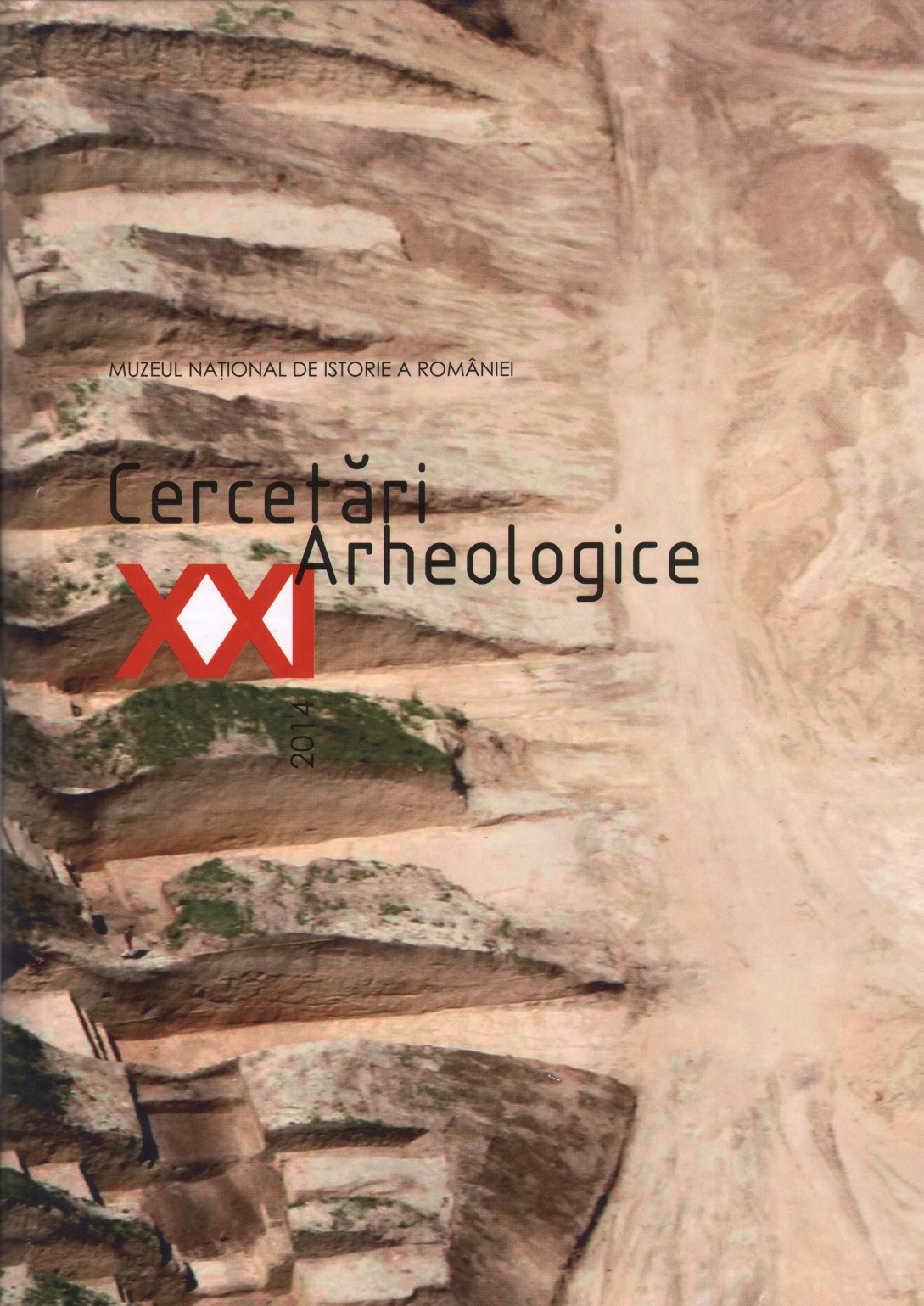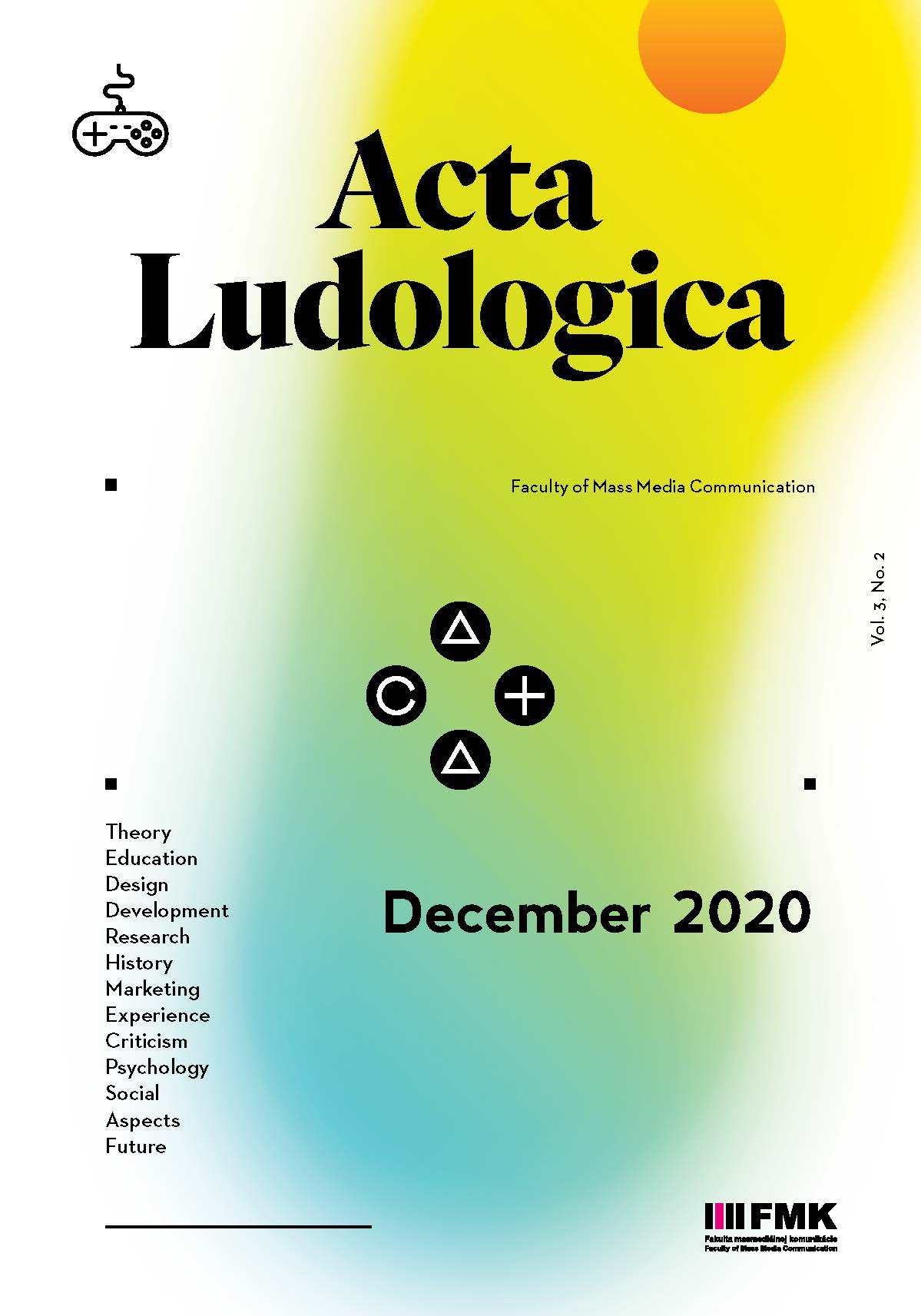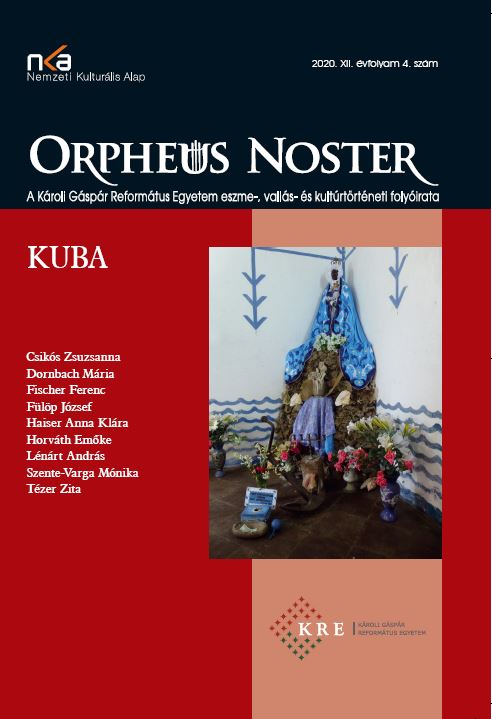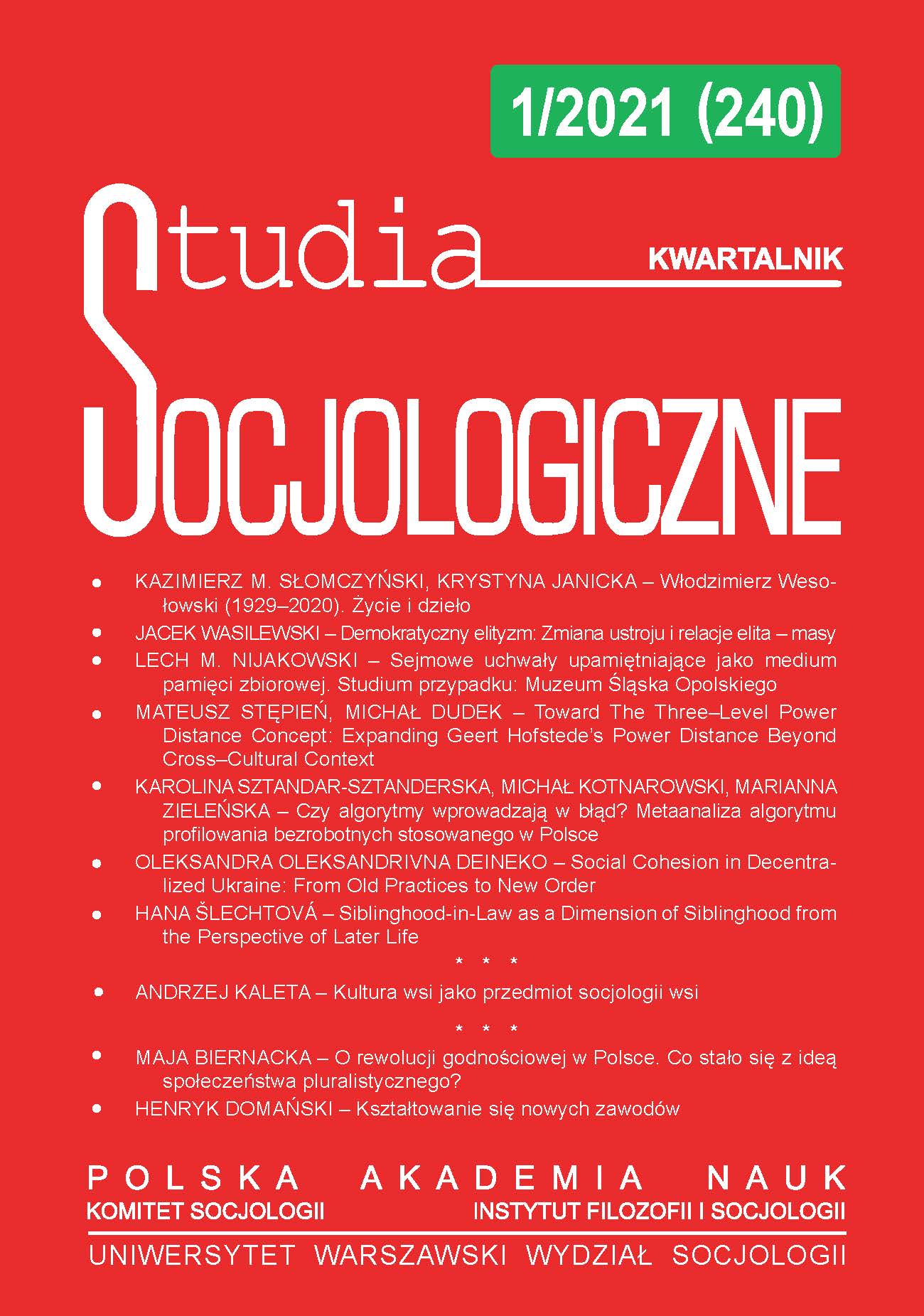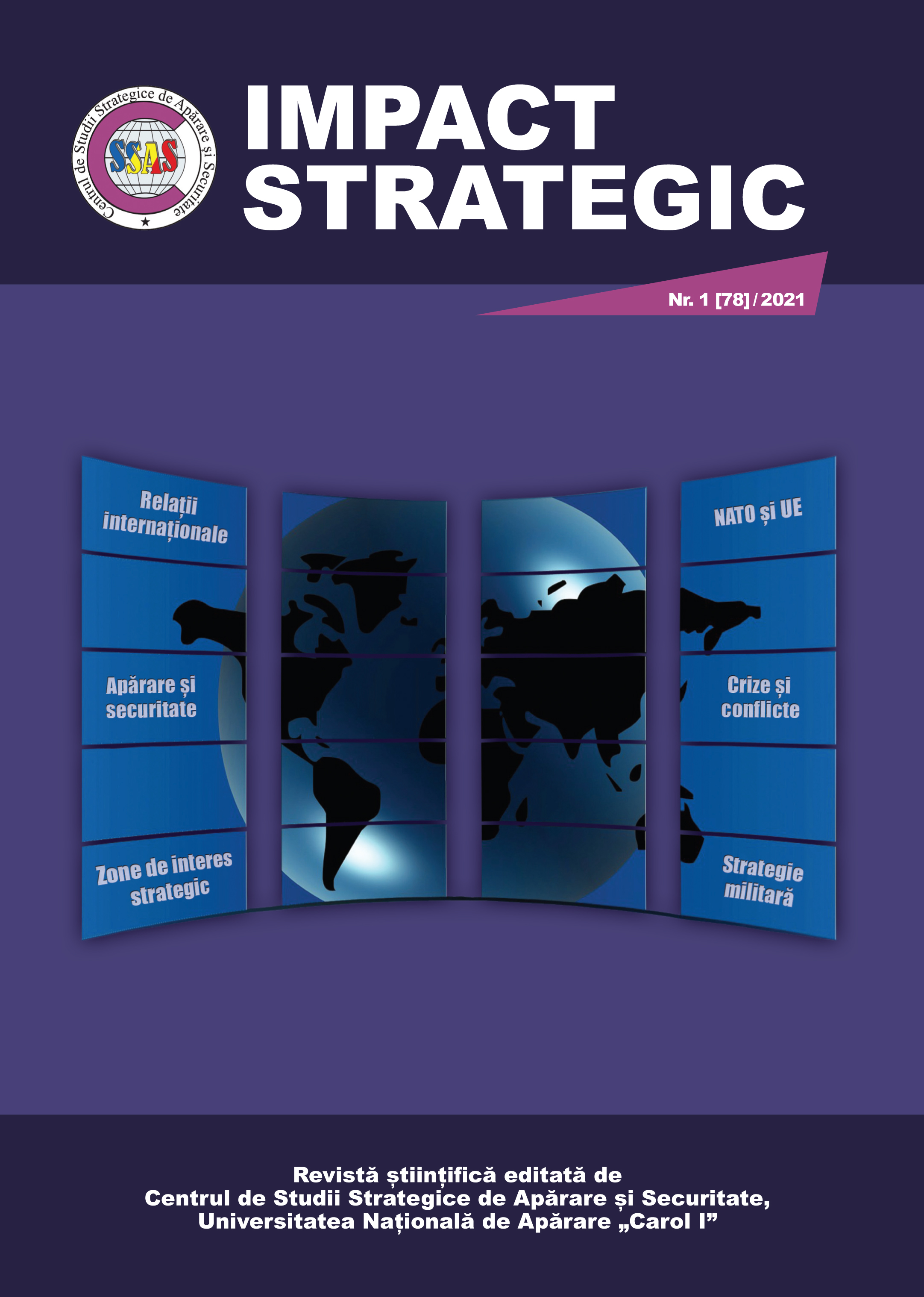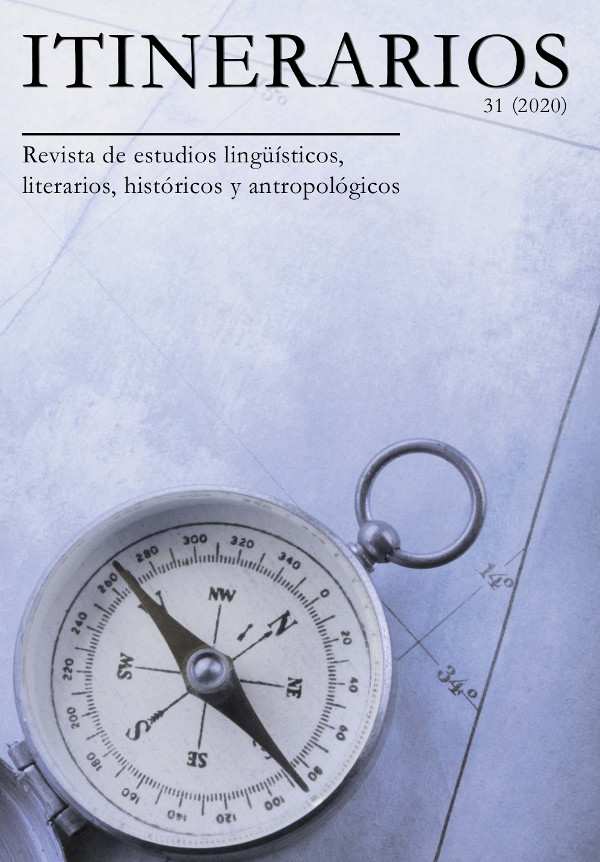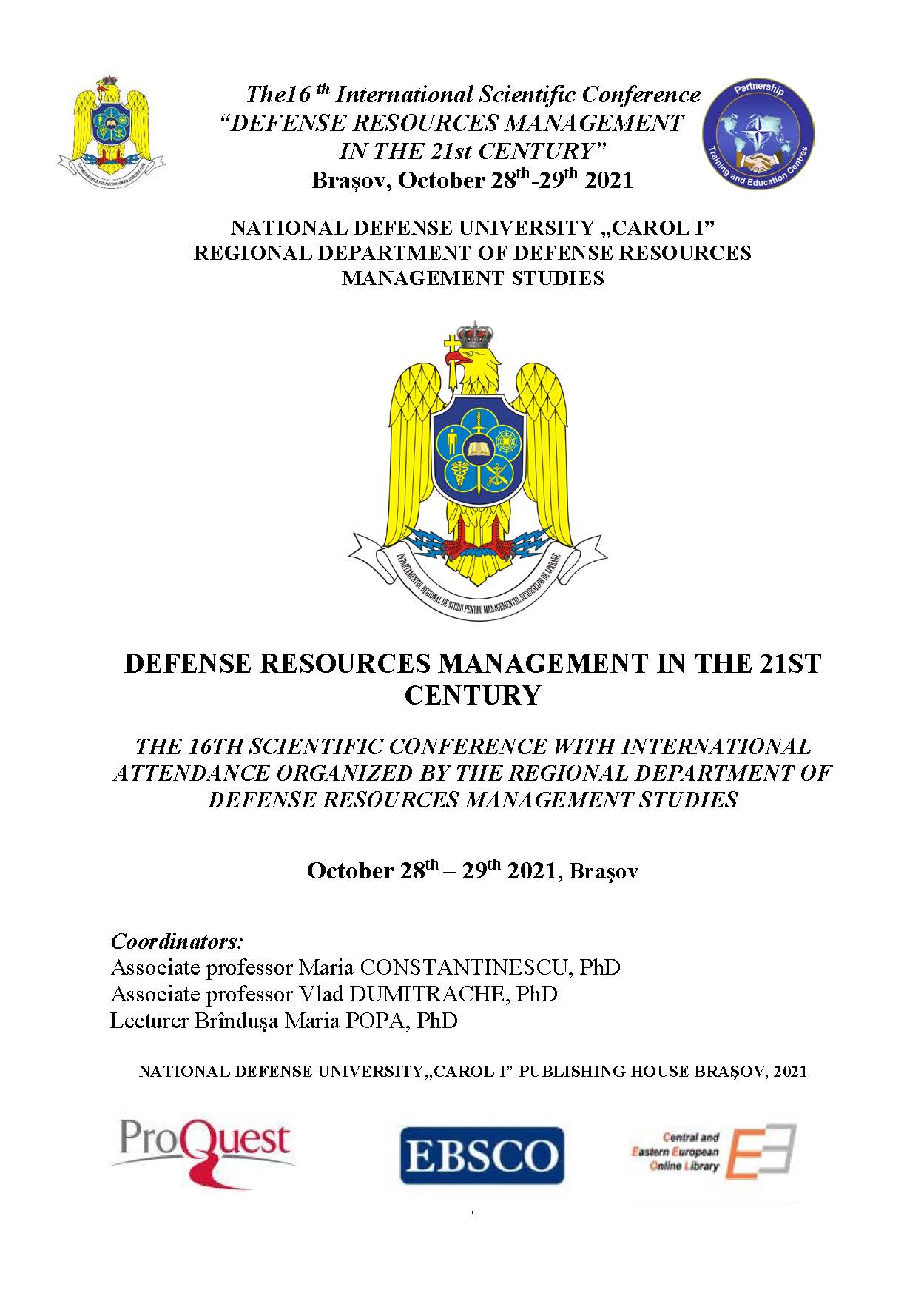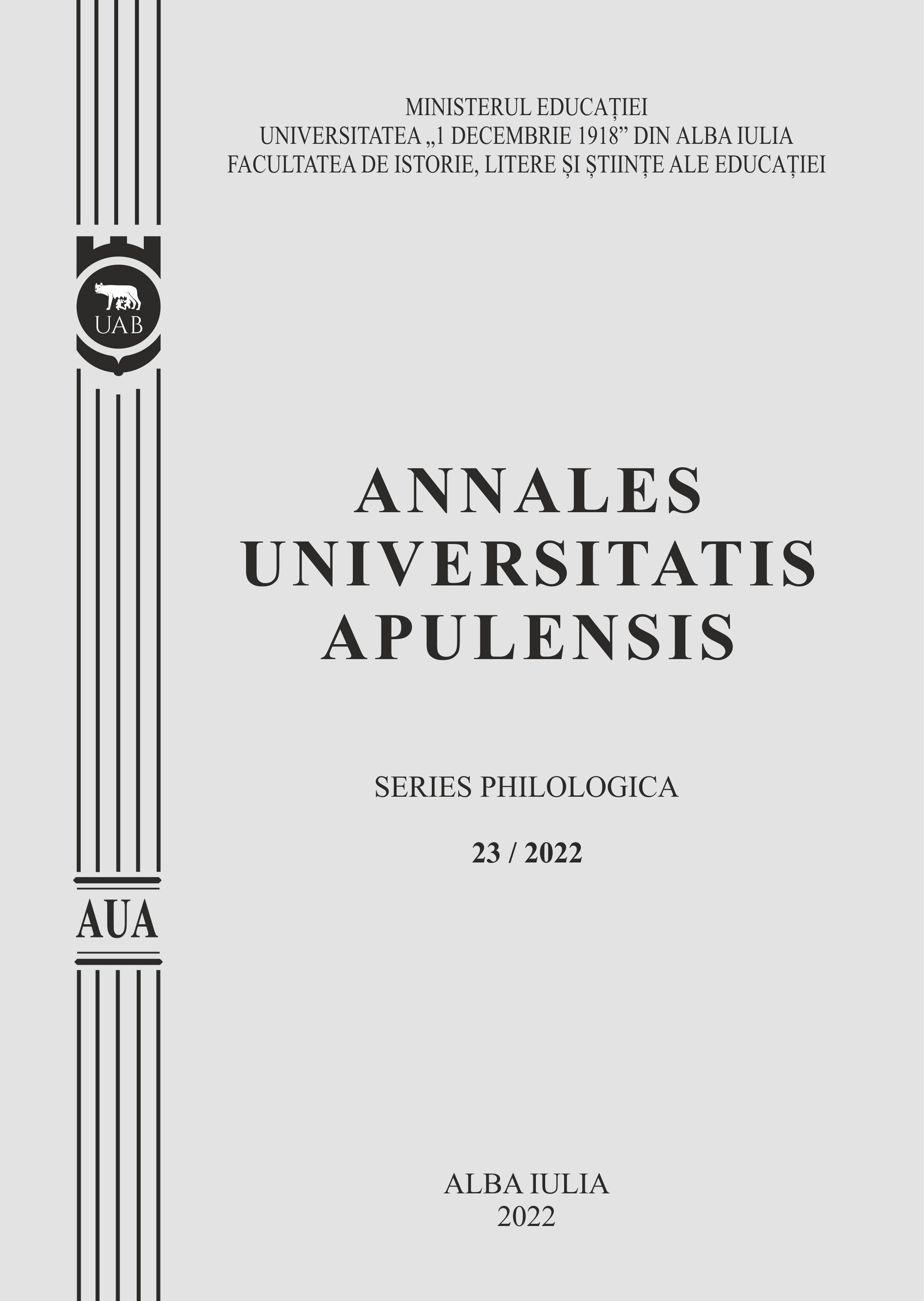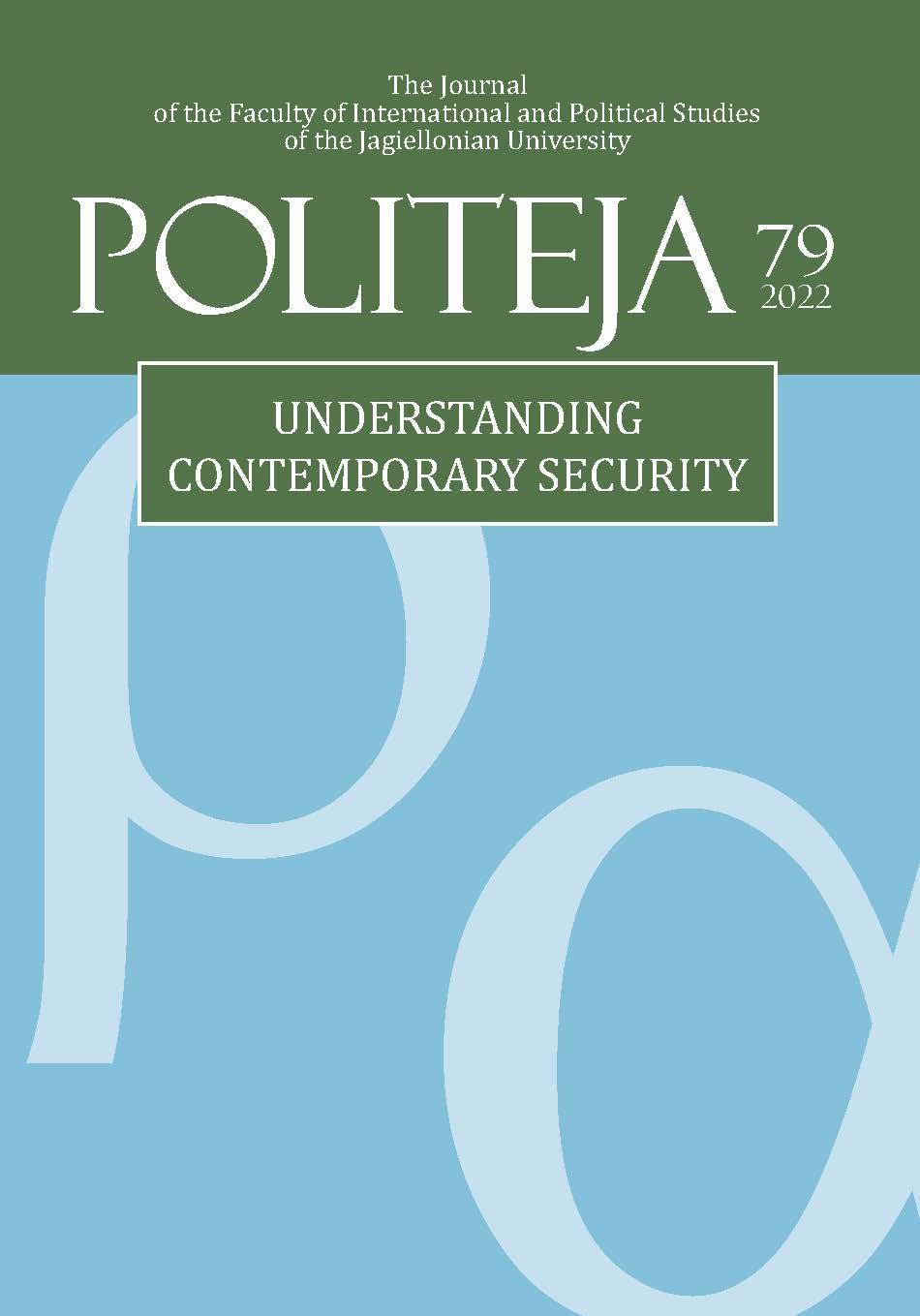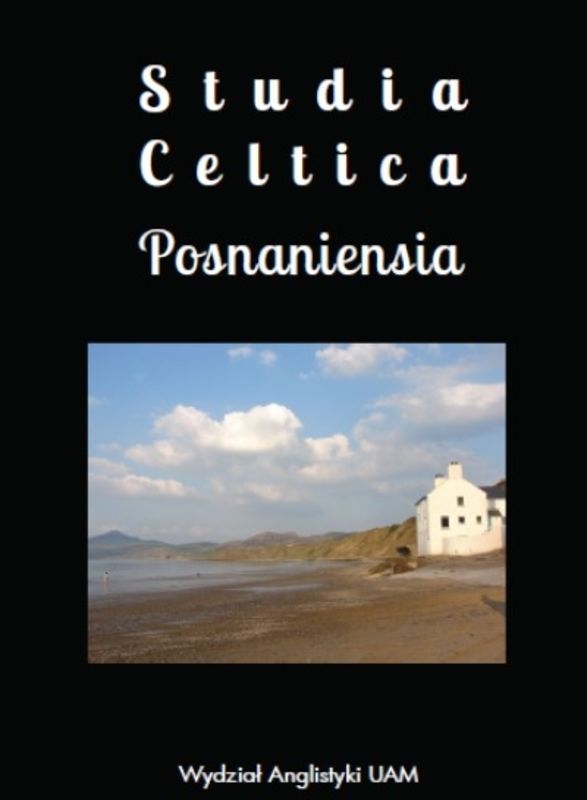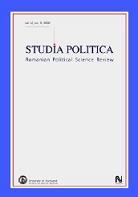
Equality, Trust and Tolerance: How Sense of Equality Affects Social Tolerance in Romania
Equality, Trust and Tolerance: How Sense of Equality Affects Social Tolerance in Romania
The noticeably high social and ethnic intolerance in Romania may have not only historical or cultural explanations, but also structural explanations. This research paper settles on social frustration as a predictor of various types of intolerance. Social frustration may be caused by perceived social inequities and inequalities, and by discontent with the current standards of everyday life. Whereas social frustration appears to be a predictor for the general social, ethnic and religious intolerance, and specific intolerance against ethnic Hungarians, it is not counterpoised by other positive factors, as education. It is up to the state institutions to balance inequities and inequalities, in order to reduce social frustration. A major difficulty, however, is that people do not trust the state institutions, as these have proved largely unsuccessful at fighting corruption, one major source of perceived inequity. Pervasive corruption undermines democratic legitimacy and economic growth, affects social trust, and fuels social frustration. In turn, social frustration, social distrust, and poor economic living standards feed authoritarian attitudes and undermine tolerance, in a continuous vicious cycle that is still very hard to break in Romania.
More...
